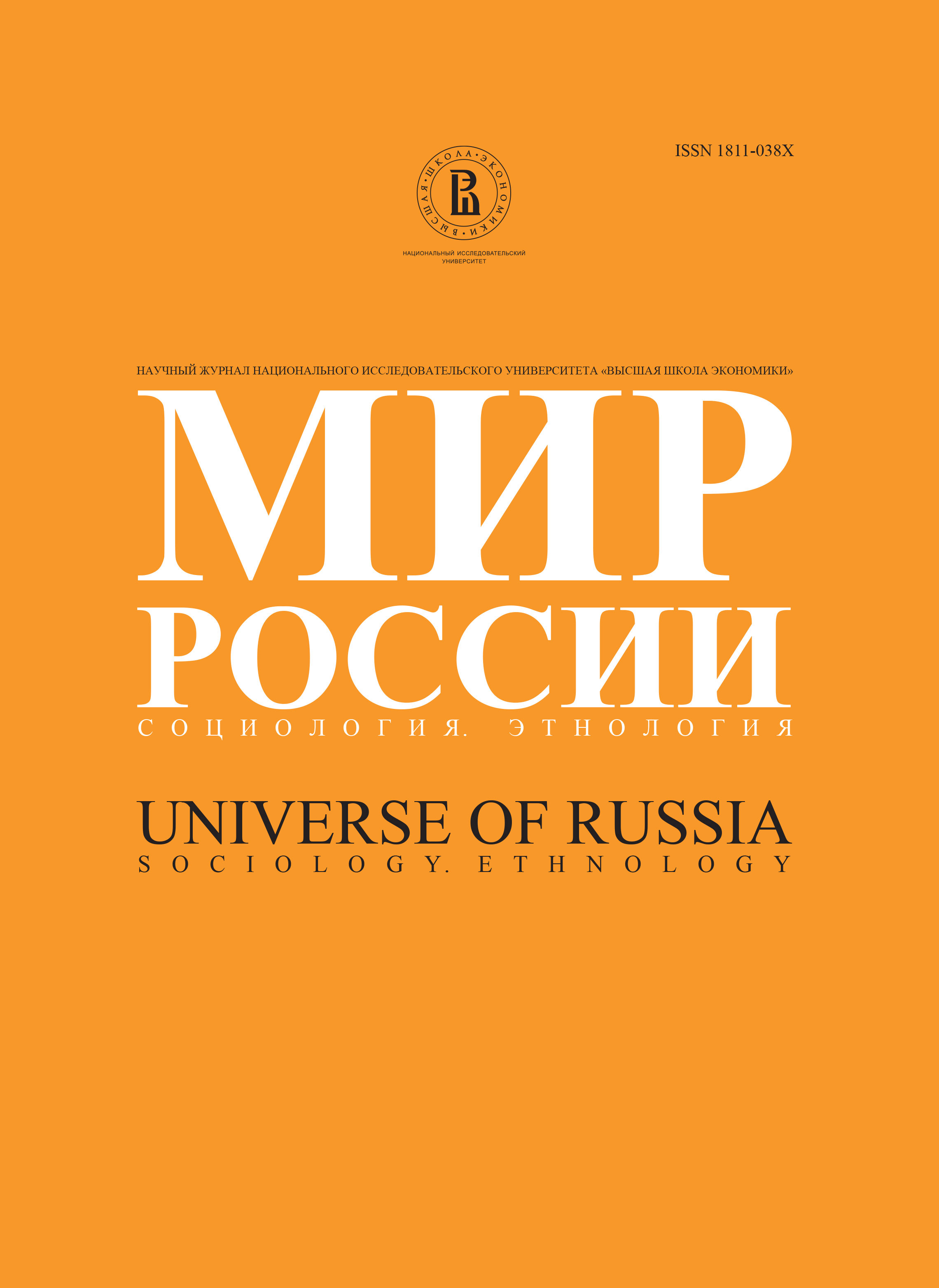Social Policy in a Society of Vertical Contract
Abstract
The central question of this paper is represented by the nature of modern social policy in Russia. In the end of 20th century Russia found itself in a rather difficult situation, a transition from paternalism in solving social problems to a new paradigm, which was based on market principles and exchange mechanisms. There were no exact guidelines on how to overcome the transition from socialism to market. For hundreds of years, the Western tradition has been enriched with the experience of democratic government, civil society institutions and entrepreneurship. On the contrary, Russia had almost no such experience. At the same time the prospect of transition to capitalism with all of its attributes (market and democracy) was so attractive, that it was to be accomplished as soon as possible.Is such a swift transition from paternalism in social policy to liberalism of 1990s in Russia possible or even feasible? Were those the right models to be chosen as a priority? The experience of the past years has proved the falsity of such hasty decisions.
Among the sad outcomes of hastiness of liberal reforms one can list the following: catastrophic delay in solving social problems (including social policy development); discredit of liberal values; discredit of social reforms.
The social policy of a modern democratic state, a market economy state, is an element of a social contract. The question of a social contract in Russia is one of an open kind. Claims of democratic values, liberal tradition including civil society, social state and many others, which were announced in the beginning of reform, are now regarded only as a hasty tribute, premature expectations and promises of the leading part of Russian population.
Presently the nature of social policy in Russia is determined by a vertical contract. Claiming itself social and democratic the state raises the bar of social responsibility of a common individual so high, that he just isn’t able to participate in the process of social «reform and partnership». A common citizen cannot participate in mortgage lending, as it is beyond his capabilities, cannot afford himself medical insurance in a good polyclinic, cannot pay for a more or less serious surgery, cannot provide his children with a good higher education (including attainment), etc. Of course, market processes keep on going, but its restrictions and forms are such, that far from many can afford to participate in them. As it is said, “would be glad to get to paradise but the blames do not allow it!” From here, (particularly) comes the political inactivity of the major part of the population, continuation of welfare-recipient behaviors (as a display of inability to exist under compulsory subsidies). As a result, social policy (and the selection of path) according to the terms of a vertical contract is carried out not on the basis of referendums, but on dictation and command.






